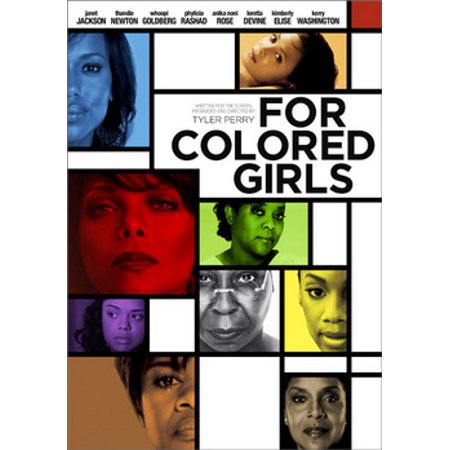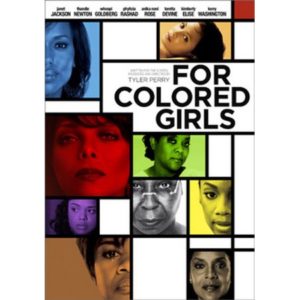

Phylicia Rashad: All Women are ‘Colored Girls’
Published in the Afro-America Newspaper
By Kristin Gray

Standing last in a line of mostly 20-something journalists at the District’s Lincoln Theatre Nov. 1, I mulled over Rashad’s career-defining Huxtable character; her Tony Award-winning performance as dignified matriarch Lena Younger and now, her role as Gilda, the tenement sage in For Colored Girls.
Surely, no woman could be so unflawed and utterly nurturing as the characters she’d adopted, I thought. But within seconds of our introduction in one of the theater’s dimly lit upstairs nooks, Rashad proved me wrong.
Dressed in a cherry-colored kimono shirt and flowing black plants, the Texas-born thespian looked stately and far younger than her 62 years. She’d been grilled by a posse of print, TV and radio personalities for at least 45 minutes and seemed relieved – if only for a passing moment – when a PR rep said I was the night’s final interview.
Smiling – but unnerved as I prepared to chat with a woman who’d shaped my rudimentary definition of poise – I greeted Rashad. “Your hands are so cold!” she said before reclining into her chair and looking genuinely concerned.
Sheepishly, I replied, “My iron must be low.”
At this moment, it became obvious Rashad’s motherly decorum on stage and film was an instinctive trait. “You’ve got to get some floradix (an iron supplement),” she said matter-of-factly in her signature, soft-spoken voice. “It’s a liquid…has a nice, pleasant taste.”
Our conversation flowed into discussion of For Colored Girls, Tyler Perry’s film adaptation of Ntozake Shange’s landmark book and stage play, and why the Madeastar’s work spawns heated debates about race and class. Her response was a cautious and indirect one.
“Let me say this about Mr. Perry: He has emerged as a filmmaker without a mentor. Do you know how difficult that is?” she asked and then paused. Apparently her question wasn’t rhetorical.
She eventually continued, “He learned not only filmmaking, but the business of filmmaking by himself. What he has done is phenomenal and when I go to Tyler Perry Studios in Atlanta, this actress – for the first time – stepped onto a studio lot and didn’t feel like a stranger in paradise.”
It’s hard to imagine the Emmy-nominated Howard University alum feeling out of place in any setting, as she’s tackled Broadway, off-Broadway, voiceovers and philanthropy in addition to on-screen credits. But a laundry list of accolades won’t make Rashad a Hollywood snob anytime soon.
While she and fellow cast member Whoopi Goldberg are (arguably) the most accomplished For Colored Girls stars, Rashad gushed while praising her younger co-stars.
“Listen, those women – those young women – they don’t need any advice from me,” Rashad said with a pointed finger and for the first time, a slight southern drawl. “They are wonderful. This is what was so beautiful about it. Each was so accomplished in her own right; even the ones whose names you may not have heard before, like Tessa Thompson.”
With only a minute left for our interview, I asked the Alpha Kappa Alpha Sorority member what lasting message she hoped Black women would glean from the film, but she interjected before I finished the question.
“All women are colored girls, because color doesn’t have anything to do with ethnicity or skin. It has to do with outlook; it has to do with mood, consciousness, response, energy, with all of these things, you see. And the message is simple. It’s the very end of the film, the last words that are spoken.”
For the second time that night, I stood corrected.
